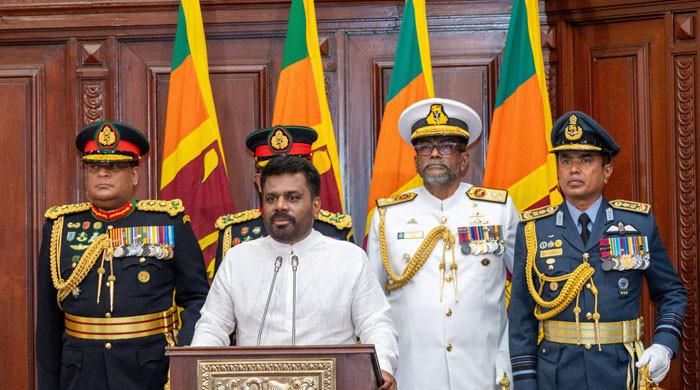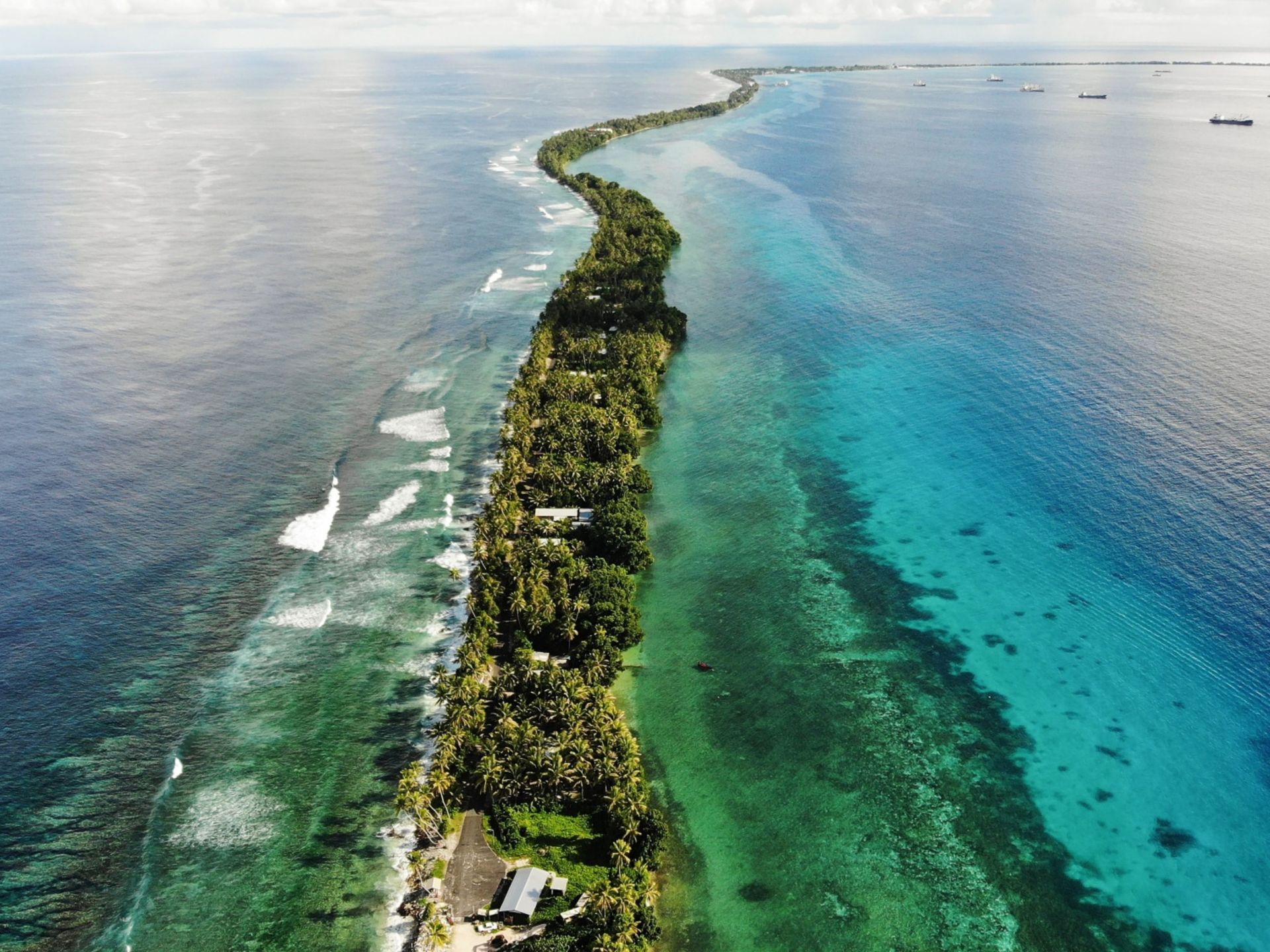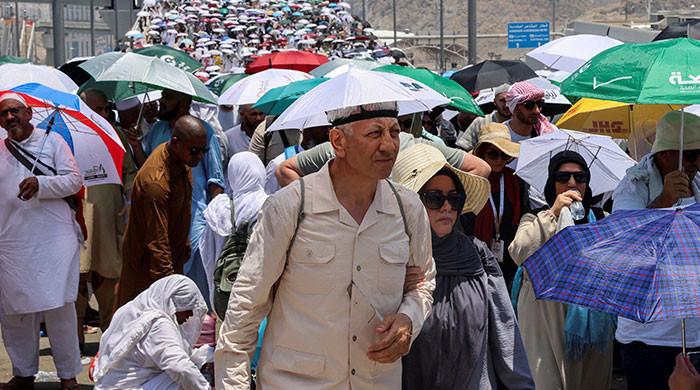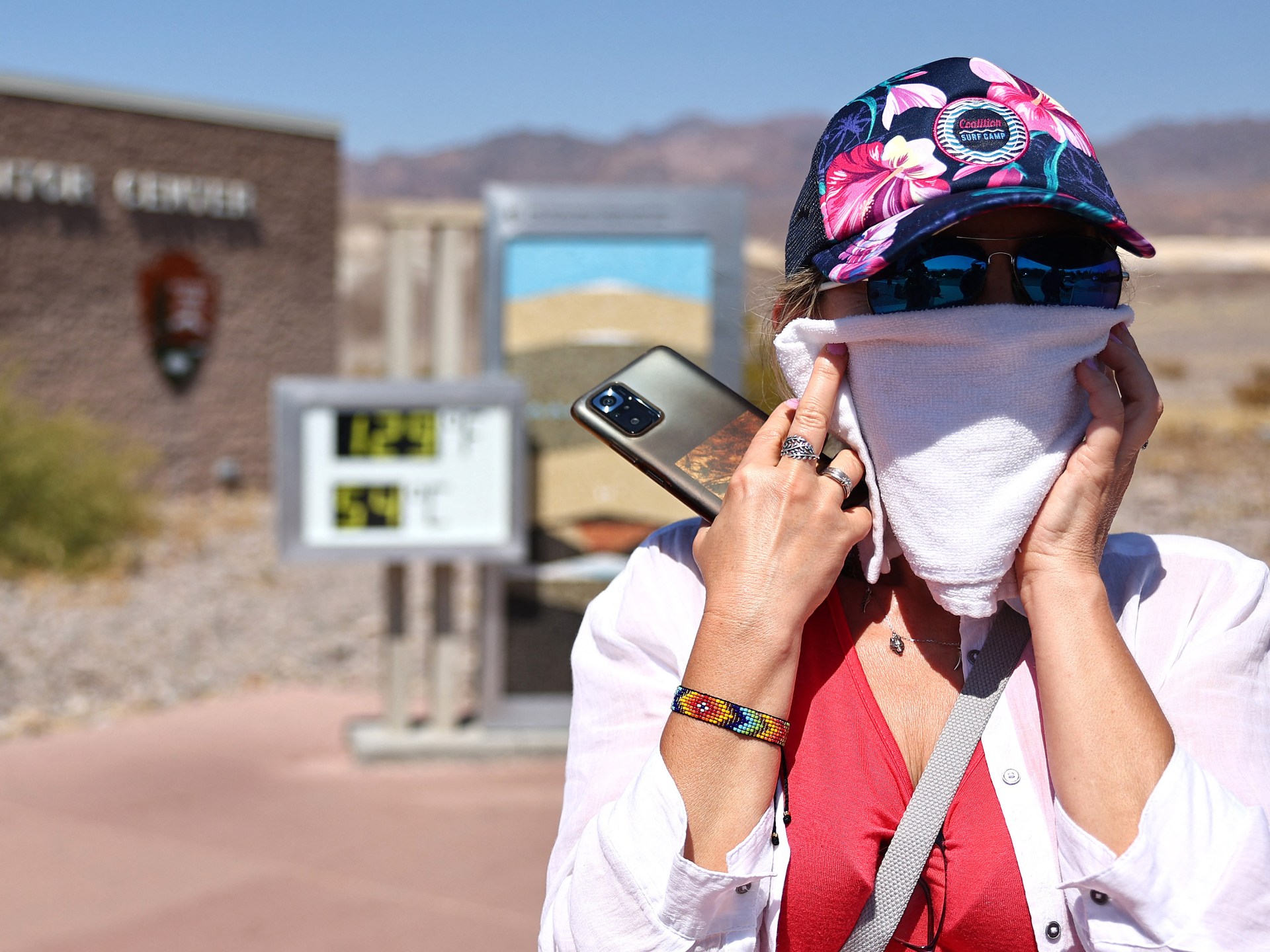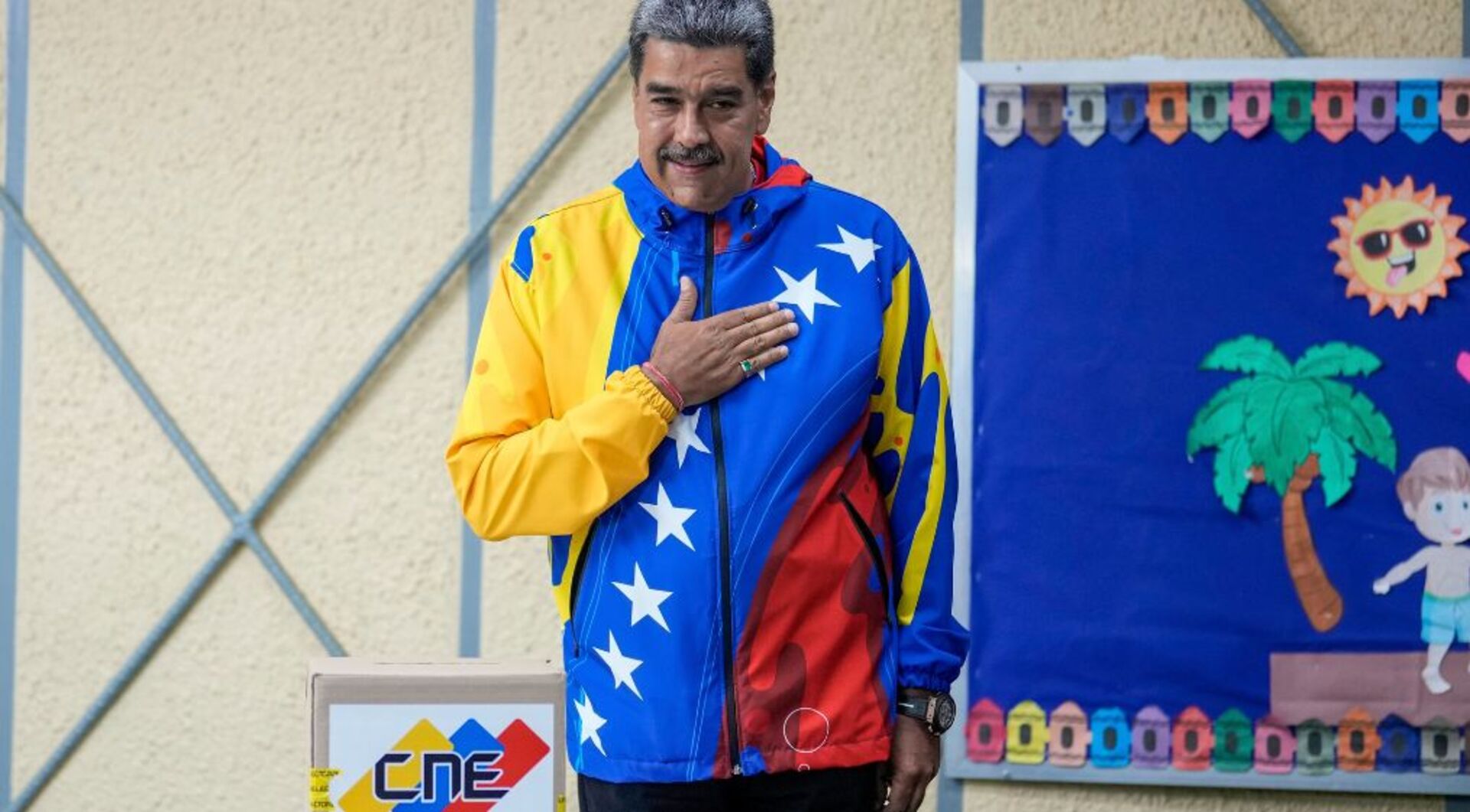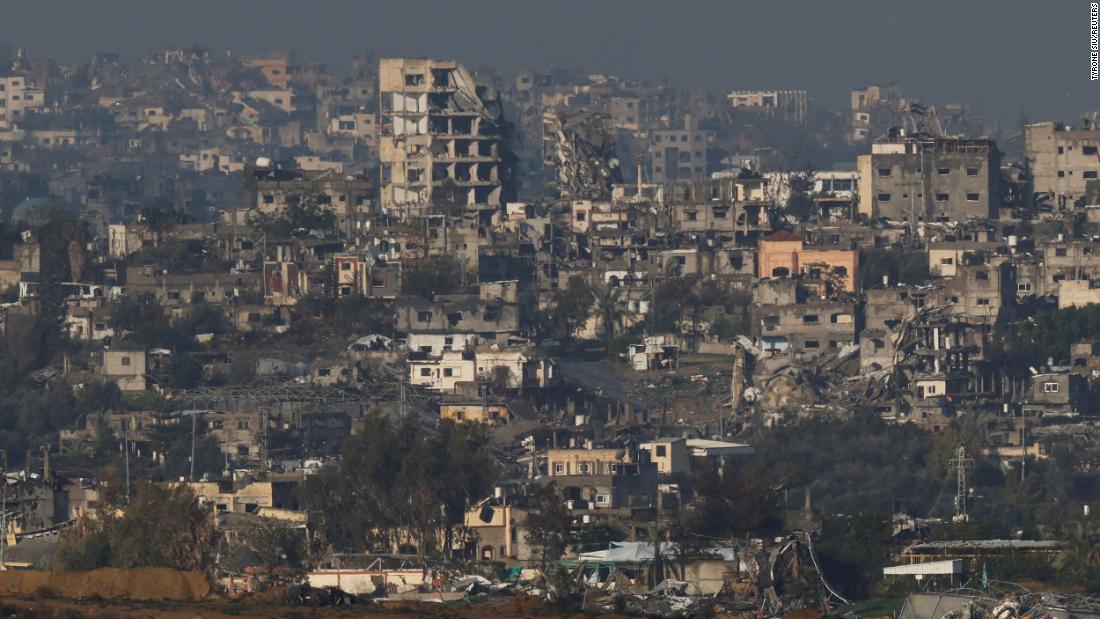- Anura Kumara Dissanayaka is sworn in as the new president of Sri Lanka.
- The ceremony is attended by diplomats, legislators, Buddhists, clerics and military personnel.
- Sri Lanka's new president seeks global support to rebuild economy.
Sri Lanka's first leftist president, Anura Kumara Dissanayaka, took office on Monday with a promise to rebuild public trust in politics amid an ongoing economic crisis.
The self-declared Marxist, who represents the People's Liberation Front (JVP), was sworn in at the historic colonial-era Presidential Secretariat in Colombo following a decisive victory in Saturday's election.
Dissanayaka, a once marginal political figure, gained substantial support as millions of Sri Lankans grappled with the fallout from the unprecedented economic crisis of 2022.
The bearded 55-year-old son of a labourer was sworn in by Chief Justice Jayantha Jayasuriya in a nationally televised ceremony attended by diplomats, lawmakers, Buddhist and other foreign clerics and military officials. AFP reported.
“I'm not a magician, I'm not a conjurer, I'm an ordinary citizen,” he said after taking the oath. “I have strengths and limitations, things I know and things I don't know… my responsibility is to be part of a collective effort to end this crisis.”
Dissanayaka succeeds outgoing President Ranil Wickremesinghe, who took office at the height of the financial crisis following the government's first foreign debt default and months of shortages of food, fuel and medicine.
Wickremesinghe, 75, imposed steep tax increases and other austerity measures under the terms of an International Monetary Fund (IMF) bailout.
His policies ended shortages and restored growth to the economy, but left millions of people struggling to make ends meet.
Prime Minister Dinesh Gunawardena resigned shortly before the ceremony, paving the way for Dissanayaka to appoint his own cabinet.
Dissanayaka's party has said it wants to have an interim administration until a new parliament is elected. The JVP has only three lawmakers in the 225-member legislature.
He has softened some policies since his rise to popularity, saying he believes in an open economy and is not entirely opposed to privatization.
He has pledged to press ahead with the IMF bailout package negotiated by his predecessor last year, but to modify its terms to include tax cuts.
Dissanayaka seeks “international support”
Responding to concerns about the JVP's historical anti-Western and anti-India stance, Dissanayaka said he wanted international support to rebuild the economy.
“We are not a nation that should be isolated,” he said, as Colombo-based diplomats looked on from the balcony of the presidential office.
“Regardless of the power divisions in the world, we intend to work with other nations to benefit our country.”
India and China — Sri Lanka’s largest neighbour and largest bilateral creditor respectively — are vying for influence in the island nation, strategically located on global east-west shipping routes.
Prime Minister Shehbaz Sharif extended his congratulations to the newly elected President of Sri Lanka.
“My heartfelt congratulations to Anura Kumara Dissanayake on his victory in the Sri Lankan presidential election,” the prime minister wrote on his official wall X.
He wished the President-elect every success and said he looked forward to working with him to further strengthen Pakistan-Sri Lanka relations.
Meanwhile, Indian Prime Minister Narendra Modi said he looked forward to working closely with Dissanayaka to “strengthen our multifaceted cooperation for the benefit of our people and the entire region.”
Chinese President Xi Jinping also said he looked forward to working with the new president “to continue our traditional friendship (and) enhance political mutual trust.”
Legacy of violence
Dissanayaka's party led two rebellions in the 1970s and 1980s that left more than 80,000 dead before renouncing violence.
It had been a peripheral player in Sri Lankan politics in the decades since, winning less than 4% of the vote during the most recent parliamentary elections in 2020.
But the Sri Lankan crisis proved to be an opportunity for Dissanayaka, whose popularity soared after he promised to change the island's “corrupt” political culture.
Dissanayaka was a JVP student leader during the second uprising and described how one of his teachers protected him from government-backed death squads that were killing party activists.
He counts among his heroes the famous Marxist revolutionary Che Guevara.
Dissanayaka became the country's first president to win less than 50% of the popular vote. He was elected with just over 42%, the lowest percentage since presidential elections began in 1988.
“I am fully aware of the composition and size of the mandate I have received,” he said. “It is my responsibility to earn the support and trust of those who did not vote for me or place their trust in me.”

